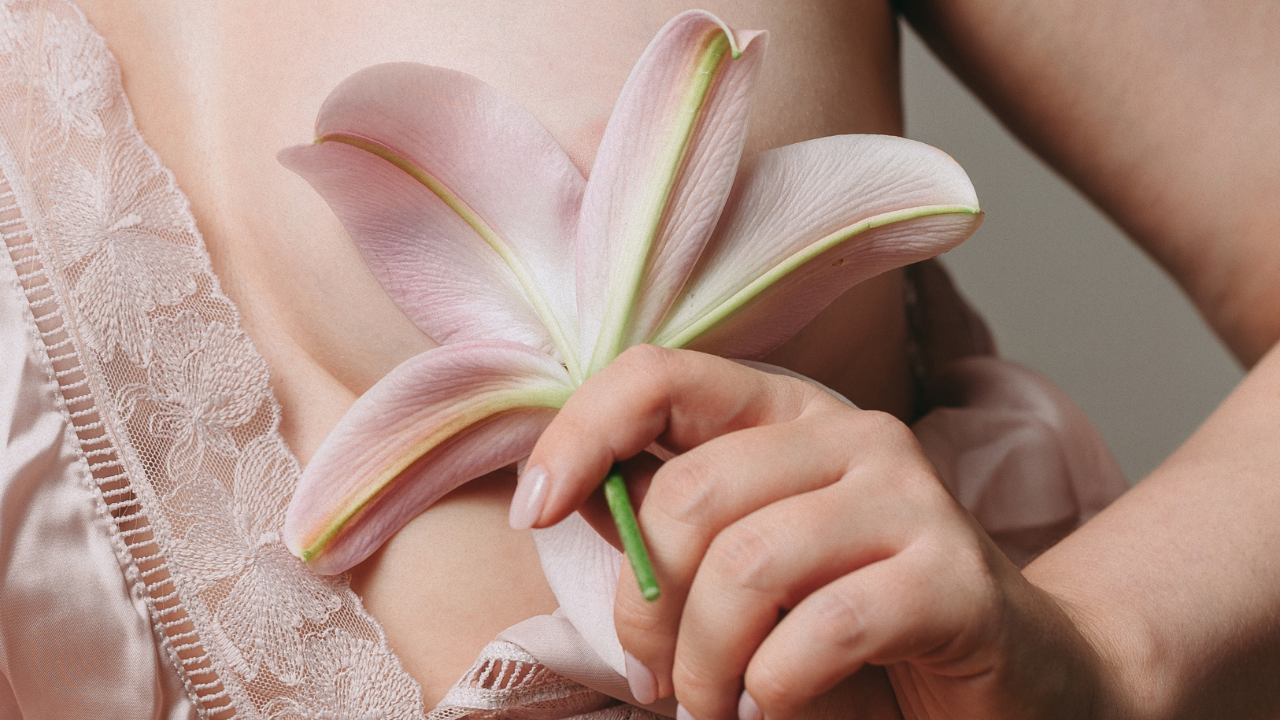Sore Breasts During Menopause
Breast tenderness, also known as mastalgia, is a common symptom that many women experience during menopause. This discomfort can range from mild sensitivity to persistent aching, making daily activities uncomfortable.
At Evolve Telemedicine, we provide personalized treatment options to help relieve sore breasts and other menopause symptoms, allowing you to feel your best.
What Causes Sore Breasts During Menopause?
- Sore breasts during menopause are primarily caused by fluctuating hormone levels, particularly estrogen and progesterone. As these hormone levels shift, the breast tissue becomes more sensitive, leading to tenderness or discomfort.
Key Contributing Factors:
- Hormonal Imbalances: Estrogen fluctuations affect breast tissue sensitivity.
- Water Retention: Hormonal changes may lead to fluid buildup, increasing breast soreness.
- Changes in Breast Tissue: Menopause can lead to decreased glandular tissue and increased fatty tissue, altering breast sensitivity.
- HRT Adjustments: Some women experience temporary breast tenderness when beginning Hormone Replacement Therapy.

How Common Is Breast Tenderness During Menopause?
Breast tenderness affects approximately 50-70% of women during perimenopause and early menopause. For many, it is a temporary symptom that decreases as hormone levels stabilize post-menopause.
Did you Know?
Sore breasts during menopause are different from premenstrual breast pain. While premenstrual tenderness typically follows a cycle, menopause-related soreness may be unpredictable and occur more sporadically.
Signs and Challenges of Sore Breasts
Common characteristics of menopause-related breast soreness include:
- Dull, Aching Pain: Persistent discomfort that may last for days or weeks.
- Tenderness to Touch: Sensitivity when applying pressure or wearing tight clothing.
- Swelling or Fullness: A sensation of heaviness in the breasts.
- Random Occurrence: Pain that does not follow a predictable cycle.


Tips for Managing Sore Breasts During Menopause
- Wear a Supportive Bra: A well-fitted, comfortable bra can minimize movement and reduce soreness.
- Apply Warm or Cold Compresses: Heat can relax breast tissue, while cold can reduce swelling.
- Reduce Caffeine and Salt Intake: Both can contribute to water retention and inflammation.
- Stay Active: Gentle exercises like yoga or walking can improve circulation and reduce soreness.
- Try OTC Pain Relievers: Nonsteroidal anti-inflammatory drugs (NSAIDs) like ibuprofen can provide temporary relief.
Can Hormone Replacement Therapy (HRT) Help?
Yes, HRT can help manage sore breasts by balancing fluctuating hormone levels. However, in some cases, starting HRT may initially increase breast tenderness before the body adjusts.
Benefits of HRT for Breast Tenderness:
- Stabilizes estrogen and progesterone fluctuations, reducing sensitivity.
- Supports overall hormonal balance, alleviating multiple menopause symptoms.
- Can be adjusted to minimize breast soreness while still providing other menopause relief.
At Evolve Telemedicine, we customize HRT plans based on your unique needs to ensure effective symptom management.

FAQs About Itchiness and Menopause

Hormonal fluctuations, water retention, and tissue changes can all contribute to breast tenderness.
For most women, it improves post-menopause as hormones stabilize. However, it can persist for months or years in some cases.
Yes, reducing caffeine, alcohol, and salt intake may help alleviate symptoms.
Breast pain alone is rarely a symptom of cancer, but any new or persistent changes should be evaluated by a healthcare provider.
We offer personalized treatment plans, including HRT and lifestyle recommendations, to manage breast soreness and other menopause symptoms.
Take Control of Breast Tenderness Today
Sore breasts can be uncomfortable, but relief is possible. Evolve Telemedicine provides expert guidance and personalized treatments to help you manage menopause symptoms with confidence.

